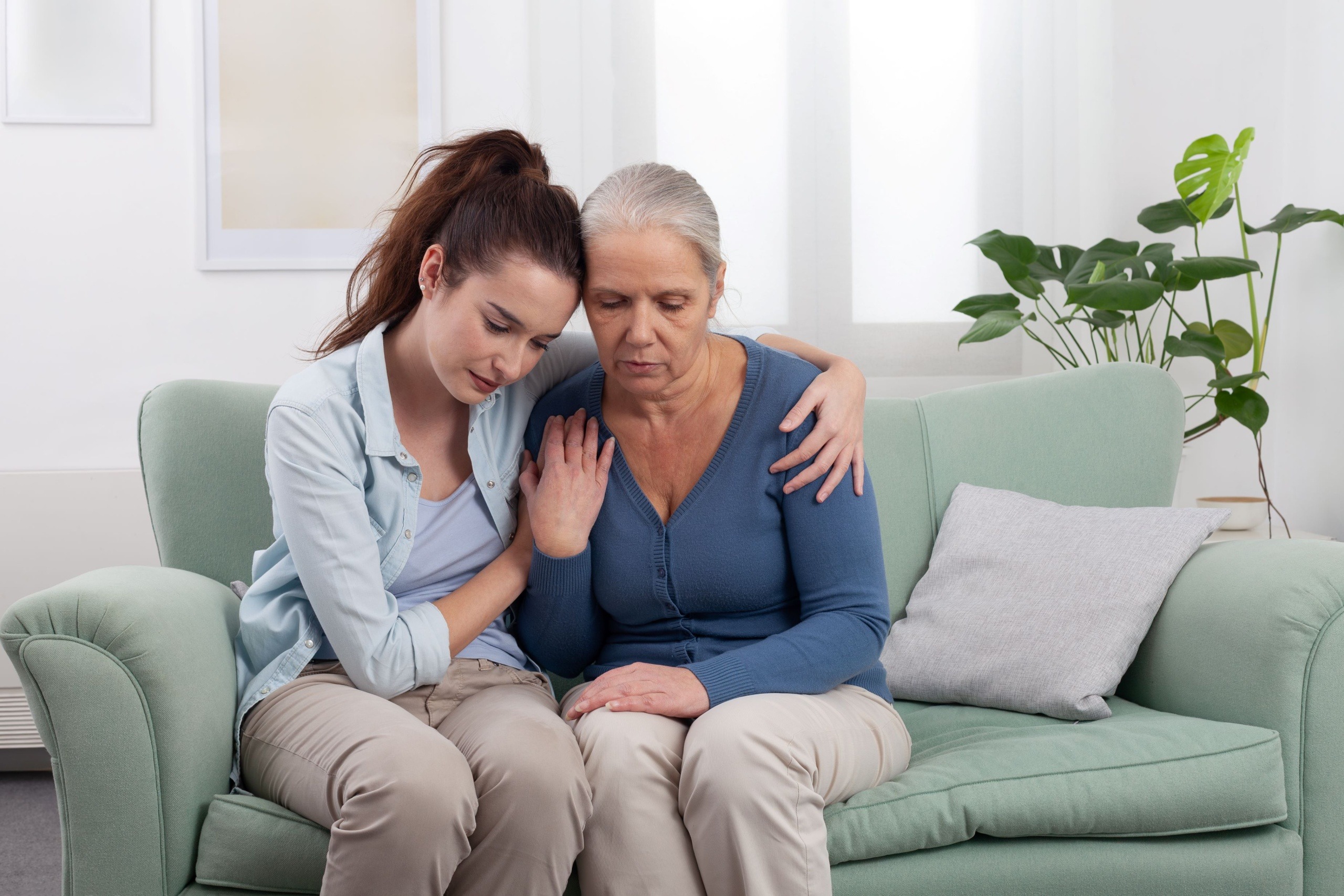Grief is a deeply personal journey—one that no one should have to walk alone. For seniors, the pain of loss can be especially profound, whether it’s the death of a spouse, the passing of lifelong friends, or changes in health and independence. While grief is a natural part of aging, the emotional toll can significantly impact quality of life. Fortunately, compassionate home care in Naperville, IL, and access to grief counseling for seniors can provide a crucial lifeline—offering emotional, physical, and social support to help older adults heal and move forward.
Understanding Grief in Older Adults
As we age, experiences of loss tend to multiply. Seniors may face the deaths of loved ones, the decline of physical health, or transitions such as moving out of a family home. These events can trigger intense feelings of sadness, isolation, confusion, or even guilt.
According to the National Institute on Aging, while some people are able to cope and adapt over time, others may experience complicated grief, which lingers and interferes with daily life. Signs of unresolved grief or even depression in seniors can include:
- Withdrawal from social activities
- Persistent sadness or tearfulness
- Sleep disturbances
- Lack of appetite
- Irritability or anxiety
- Difficulty focusing or making decisions
When these symptoms persist beyond a few months or worsen, professional grief counseling for the elderly can help.
Why Grief Counseling Is Essential for Seniors
Grief counseling for seniors goes beyond emotional comfort—it provides tools to process loss, build resilience, and regain a sense of purpose. According to organizations like the Institute on Aging and Seniors At Home, grief support can come in many forms:
- One-on-one therapy tailored to senior needs
- Support groups that create a sense of belonging
- Spiritual counseling or bereavement clergy support
- Telephone hotlines or check-in services for those who live alone
In Downers Grove and nearby communities, many seniors benefit from local grief groups or faith-based bereavement support. For those unable to attend in-person services due to mobility or health concerns, in-home support—including emotional care provided by trained home caregivers—can bridge the gap.
The Role of Home Care in Supporting Grieving Seniors
Grief doesn’t just affect the heart—it affects the whole person. That’s why high-quality home care in Lisle, IL, and surrounding areas is uniquely suited to support seniors through mourning and recovery. Here’s how:
1. Companionship and Emotional Support
Loneliness is one of the most painful parts of grief. Professional caregivers offer non-medical companionship that helps ease feelings of isolation and sadness. Having someone to talk to, share memories with, or simply sit with during quiet moments can make a world of difference.
2. Daily Assistance to Reduce Overwhelm
In the wake of a significant loss, even basic daily tasks can feel exhausting. Home care in Naperville, IL, provides help with personal care, meal preparation, medication reminders, light housekeeping, and errands—relieving stress so seniors can focus on healing.
3. Monitoring for Signs of Depression
Caregivers are trained to notice behavioral changes and flag concerns to family members or healthcare professionals. If a senior begins exhibiting depression symptoms, caregivers can ensure timely referrals to grief counseling or mental health support.
4. Encouragement to Re-engage with Life
Grief can cause seniors to lose interest in activities they once loved. Home care in Plainfield, IL, can gently encourage reengagement with hobbies, light physical activity, or community outings—restoring a sense of routine and joy.
Combining Home Care and Counseling: A Holistic Approach
When home care and grief counseling work together, seniors receive holistic, wraparound support. Consider the hypothetical story of one widowed client receiving home care in Elmhurst, IL, who had lost her husband of 50 years. At first, she was withdrawn and disinterested in care. But with regular visits from a compassionate caregiver and biweekly grief support sessions, she slowly began cooking again, gardening, and even joining a local knitting circle. The right support—delivered with dignity—helped her rediscover life after loss.
Local Support Is Key
Seniors in DuPage County are fortunate to have access to high-quality care and grief services throughout the region, including:
- Home care in Lombard, IL, for one-on-one, personalized in-home support
- Grief counseling for seniors “near me” through local therapists or senior centers
- Home care in Addison, IL, with flexible scheduling and companion services
- Faith-based grief support groups in nearby churches and community centers
- Home care in Villa Park, IL, offering emotional and social support to grieving clients
If you or your loved one is struggling with the loss of a partner, friend, or independence, local services can provide a safety net that fosters healing.
When to Seek Help
If your loved one is:
- Still experiencing intense grief after 6 months
- Neglecting personal hygiene or nutrition
- Refusing to leave home or engage with others
- Showing signs of anxiety, depression, or hopelessness
It’s time to explore grief counseling for elderly individuals and the supportive role of home care services in Bolingbrook, IL, or surrounding towns. There is no shame in asking for help—only strength.
A Path Forward
Grief changes us. But with the right care, it doesn’t have to define us.
Through compassionate home care in Downers Grove, IL, and access to grief counseling for the elderly, seniors can find new routines, renewed connections, and even new purpose.
Resources:
- Coping With Grief and Loss – National Institute on Aging
- How Grief Counseling Can Help Older Adults After the Loss of a Spouse or Partner – Institute on Aging




